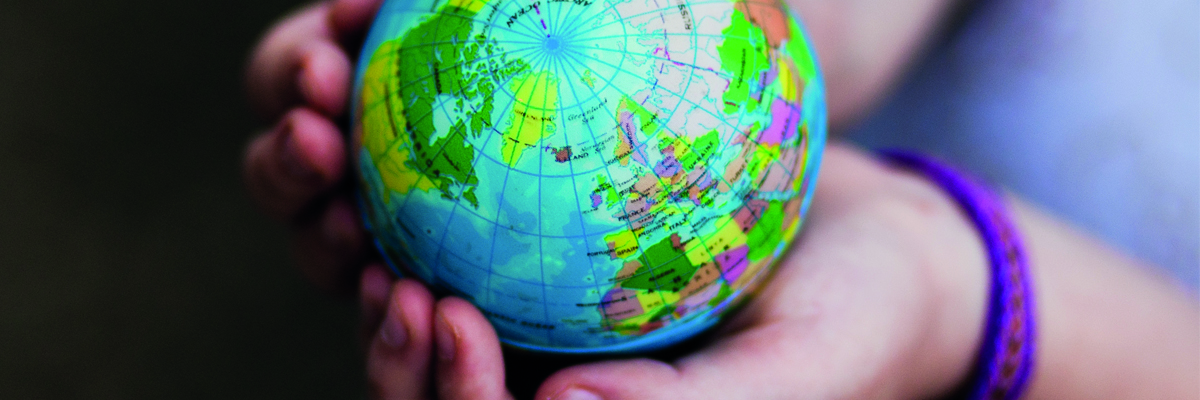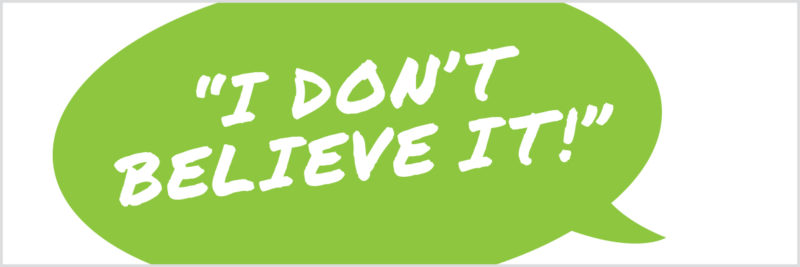From Around The World: Back to School
From Around the World
“Teachers have it easy – look at the holidays they get.”
If there’s one sentiment guaranteed to make a teacher’s blood boil, it’s any variation of the above. It betrays not only an ignorance of what a teacher’s job entails, but also a more deep-seated problem: a disdain for the profession, or at least a sense that it’s a relatively easy career option, something anyone can do.
We know that’s not true. Go to any school and you’ll hear tales of people who have quit almost before they’ve started, from qualified-to-the-hilt probationers to scientists who changed tack after leaving the oil and gas industry.
A few weeks in, and anyone who thinks they can saunter into teaching and survive on their wits will be found out.
As schools here in the England and Wales go back after the summer break I thought it would be interesting to see how long the school summer holiday is in other parts of the world.

Argentina
The school year ends in early or mid December and starts in late February or early March, with students in primary education enjoying two months off and students in secondary school enjoying a three-month break.
Australia
Summer holidays last from December to February and includes the Christmas and New Year festivities, with the break typically lasting six weeks.
The dates of Australian school holidays are decided by each individual state’s Department of Education.
Canada
The first day of the summer holiday for most schools is the last Saturday of June, while the last day of holiday is Labour Day in September.
Students can get a holiday of two to three months depending on the province, which may vary in Quebec.
China
Summer holidays start in early July and often end in early September, lasting two months.
Denmark
The holidays normally last from the end of June to early or mid August, coming to six weeks. High school pupils tend to return to school earlier than younger students.
Germany
Holidays tend to last for six and a half weeks. Dates vary by state as well as from year to year but the earliest begin in mid June and the latest finish around the end of September.
India
Summer holidays in India tend to vary in duration as different parts of the country face different climatic conditions at the same time.
In northern India, school ends in mid May and begins in the first week of July, except in the Kashmir valley where the summer holiday lasts 10 days (though they get a winter break from the middle of December until the end of February).
In central India the holiday begins in mid April and end in mid June.
In southern India school ends in the last week of March and begins again at the start of June.
Ireland
In the Republic of Ireland most pupils get a three-month break, finishing in the last week of May and returning in the first week of September.
Jamaica
Summer holidays for primary and secondary pupils start in the first week of July and end in the first week of September, lasting around eight weeks.
Mexico
Since 2000, the summer holiday starts in early June and finishes in the middle of August. High school and college students have about three months of holiday from late May to early August.
Nigeria
Primary and secondary schools usually start their summer break in mid July and resume in early September.
Pakistan
Holidays generally last two to three months depending on whether the school is public or private. A typical summer holiday lasts from the end of May to mid August.
Poland
The holidays start on the first Saturday after June 20 and end on the first weekday of September.
Singapore
For primary and secondary school pupils, holidays last from mid November to early January – but most students are released in mid or late October due to national examinations.
South Africa
Summer holidays usually begin in December and end in the middle of January.
Sweden
The summer vacation lasts from mid June to late August, with a minimum of nine to 10 weeks.
No matter how long the holiday is, having a proper break is essential, however, and no one should feel guilty about it. As the philosopher Bertrand Russell said in his 1930 book, The Conquest of Happiness,
“One of the symptoms of approaching nervous breakdown is the belief that one’s work is terribly important, and that to take a holiday would bring all kinds of disaster.”




